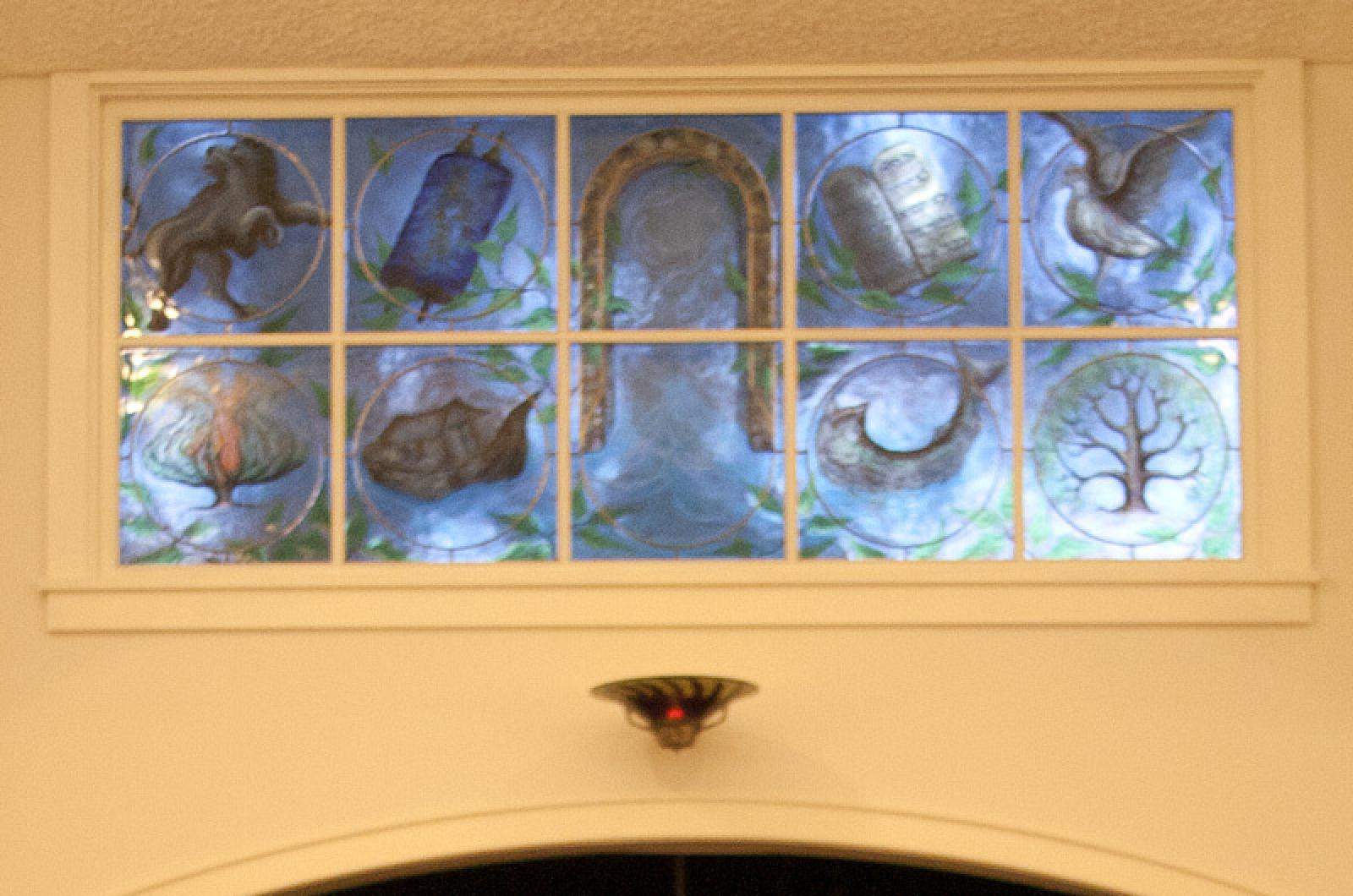Every year the days before and the days after Rosh Hashonnah and Yom Kippur I get very blue. Nostalgia (which literally means the pain of the past) plays the biggest role in my sadness. I remember my mother and I shopping at the kosher supermarket every September, coming home and making Kreplach, roasting chicken, marinating Tzissmis (sweet potatoes, prunes, carrots), inviting the stragglers, the outliers and our extended family to dinner to celebrate the New Year, and to contemplate and reflect on how we could be our best selves next year.
These days, my mother is gone, my younger son is gone, my family is scattered, my husband and my older son never liked anything to do with religion. We also moved to Martha’s Vineyard where the temple is lovely but doesn’t have the old, old men swaying in prayer shawls, and the organ and the choir and the burgundy velvet seats of my old synagogue.
I grieve the loss of a ritual that nourished not only my body but also my soul.
I teach a writing workshop called Writing from the Heart. I often start the class by saying “We’re alchemists. We can turn tragedy into gold. We can take what happened to us; the hurts, the tiny murders, the stuff that broke our hearts and we can paint it, we can sculpt it, we can dance it, but in here we will write it.”
“However,” I continue, “the most important part of the equation is first we have to feel it.”
Our culture, though, seems more interested in pushing away the grief, embracing the mantras of “you’ve got a pain, we’ve got a pill for you,” and “get over it,” as advice to people suffering from loss.
Ironically enough, when my son Dan died, I actually didn’t break down. I rationalized that I had grieved for him all 16 years he had been sick. I rationalized that I had always felt the pain of a mother whose son was deteriorating before her very eyes. Ultimately, though, grief will find its way into your body, and I did collapse into full blown sorrow and I did have the full extent of my grief.
But lately I’ve noticed I have been detached from that sadness.
So yesterday in the midst of my misery, I wrote to a dear friend in New York about how hard this holiday was for me and she sent me a link to her own synagogue’s streaming service.
It was stunning. It was my music. These were my words. This was my ceremony. I knew I didn’t have to sit in a pew in a building and I didn’t have to be dressed to the nines in my new New Year’s outfit. I could actually do the wash, sweep the floor, empty the baskets and still listen with my whole heart.
There I was sweeping and weeping and then the Rabbi began his sermon. Suddenly I knew I had to sit down and really listen. Everything he said resonated.
He told the story of having been a hockey player in his youth and that his position had been goalie. He decided at age 23 to go up to Canada and take a workshop with a renowned coach. After three days of intense practice the guy left him with one message that has stayed with him all these years. And that message was choose the bruise. He said avoiding pain keeps you from your own compassion. And how can we have compassion, if we can’t even hurt for our own selves.
I sat in silence after the sermon, moved by the fact that my heart had reopened and at the same time laughing at myself that I had to hear my own message from a New York Rabbi on my laptop of all places (no burgundy velvet seats here) while cleaning my house.
Next year, please remind me, all I have to do is sit down, open my computer and punch in nostalgia. Then change it to choose the bruise.
Nancy Slonim Aronie is the author of Writing from the Heart (Hyperion) and the founder of the Chilmark Writing Workshop on Martha’s Vineyard.




Comments (3)
Comments
Comment policy »